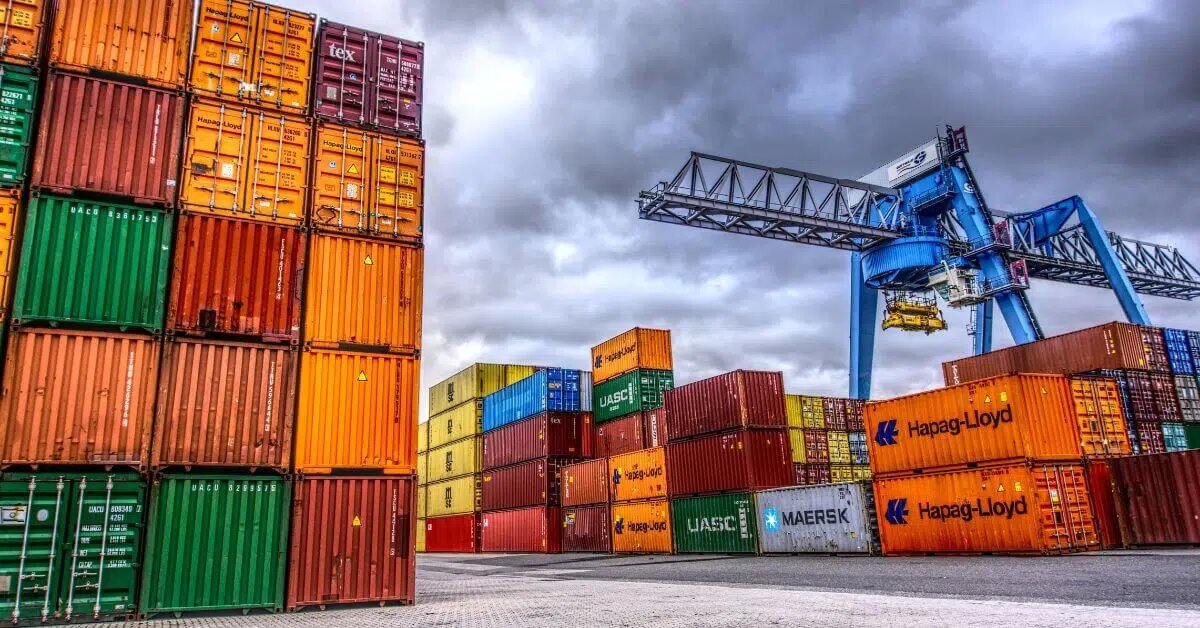On October 8 local time, International Monetary Fund (IMF) Managing Director Kristalina Georgieva stated in a forward-looking speech for the 2025 IMF and World Bank Annual Meetings that the global economy has demonstrated greater resilience than expected amidst multiple shocks, but the growth momentum is weakening.
She pointed out that the global economy is “better than expected, but worse than needed.” Current resilience has not yet been fully tested, and uncertainty will continue to be the new normal. Global growth will slow slightly this year and next, and the direction of tariff policies is becoming a key variable affecting the world economic outlook.
Georgieva stated that the world is in a period of profound transformation, with the geopolitical landscape, technological revolution, demographic changes, and climate risks converging, pushing the global economy into a “more complex, multipolar era.”
Georgieva analyzed that the main reasons the global economy has maintained resilience despite multiple challenges are improved policy environments, enhanced private sector adaptability, tariff impacts being lower than expected, and generally accommodative financial conditions. Monetary and fiscal policies in many countries are more credible, and the private sector has improved its response capacity by placing orders early, restructuring supply chains, and applying artificial intelligence. The U.S. trade-weighted average tariff rate dropped from 23% in April to 17.5%, but it remains higher than previous levels. Meanwhile, artificial intelligence has boosted productivity expectations, and rising stock markets, improved financing conditions, and a weaker U.S. dollar have provided a buffer for the markets.
She stated that the current resilience still faces severe tests. Rising gold demand reflects increased geopolitical uncertainty, and the full impact of tariff adjustments has not yet fully materialized. Squeezed profit margins for U.S. companies could push up prices and create new inflationary pressures. The diversion of some export goods to other markets may trigger a “second round of tariff shocks.” She called on countries to adhere to open cooperation, prevent fragmentation of the trading system, and maintain trade’s vital role as an engine of global growth.
She called on governments to move towards each other in this era of change, seize opportunities, use sound policies and institutional reforms to enhance economic potential and resilience, and achieve more sustainable and inclusive growth.
Disclaimer: This article is reprinted for the purpose of conveying more information. If there are any source attribution errors or infringements of your legitimate rights and interests, please contact us with the ownership proof, and we will correct or delete it promptly. Thank you.




